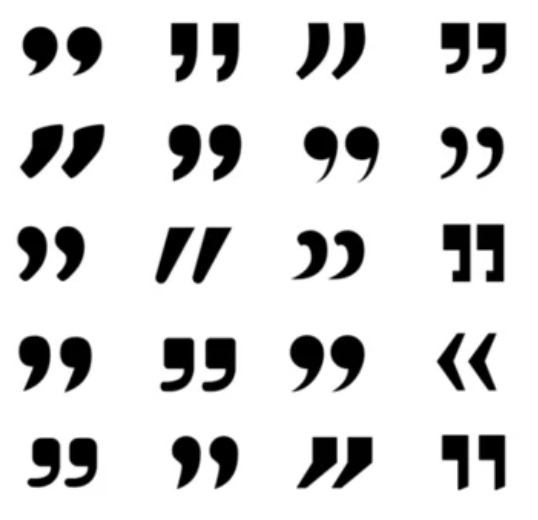Fiction’s Functions, or Year-End Round-Up
It’s been a fun year at .txtlab. We’ve done projects on queer fan fiction, the effects of corporate ownership on local news, narrativity across long time scales, minor literature and literary nationalism, measuring bias in machine learning, narratives to support sustainable business practices in small business communities, and we’re also wrapping up our work on studying the page image.
That’s a lot.
One of the things I am going to try to do more of as we move forward is focus, focus, focus. There are so many interesting problems to work on when it comes to computational text analysis it is hard to know where to start — or stop! That’s an amazing advantage — if you’re a student there is no limit to the things you can contribute to right now. But it’s also a disadvantage because it’s all to easy to get distracted by every shiny object that comes your way. So one of the new skills I’m learning — always a weakness of mine — is to be more discerning about where I let my curiosity take me.
If I had to answer: “What’s the one thing you want to accomplish in the years to come?”
My answer would be: to understand the multiple roles that fiction can play in our lives.
This is going to be the area that I try to orient my work and that of the lab for the foreseeable future. What this means is that while we might tackle a variety of problems — how do social networks in literature work, can we measure causality and what role it plays in narrative structure — the goal is to build knowledge over time about “fiction’s functions.” My hunch is that if we build smart enough and diverse enough data sets across time, culture, language, and readerships, and if we build smart enough and diverse enough models to capture complex literary features, then we can begin to gain insights into the various roles that fiction plays in our lives. As I’ve argued in a new piece coming out in Public Books, we have a wealth of theories. Now it’s time to test them with data.
Keep an eye out for more news to come. And as always if you’re a student or a prospective student interested in working with the lab, get in touch!

